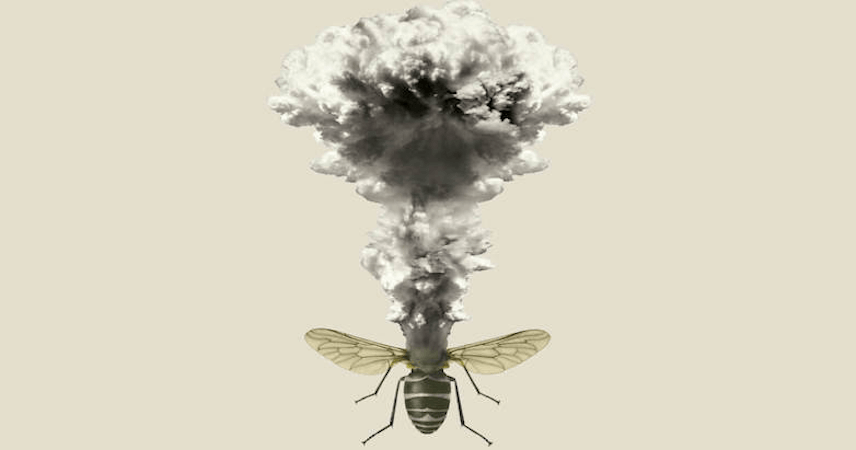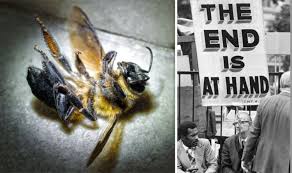 |
 It was only a few years ago that headlines in Europe and North America were screaming about the coming “bee armageddon”. Honeybees were going extinct, we were told, and because these vital pollinators are vital to our food supply, we were on the verge of global starvation. And pesticides were mostly to blame for the crisis.
It was only a few years ago that headlines in Europe and North America were screaming about the coming “bee armageddon”. Honeybees were going extinct, we were told, and because these vital pollinators are vital to our food supply, we were on the verge of global starvation. And pesticides were mostly to blame for the crisis.
No comments:
Post a Comment